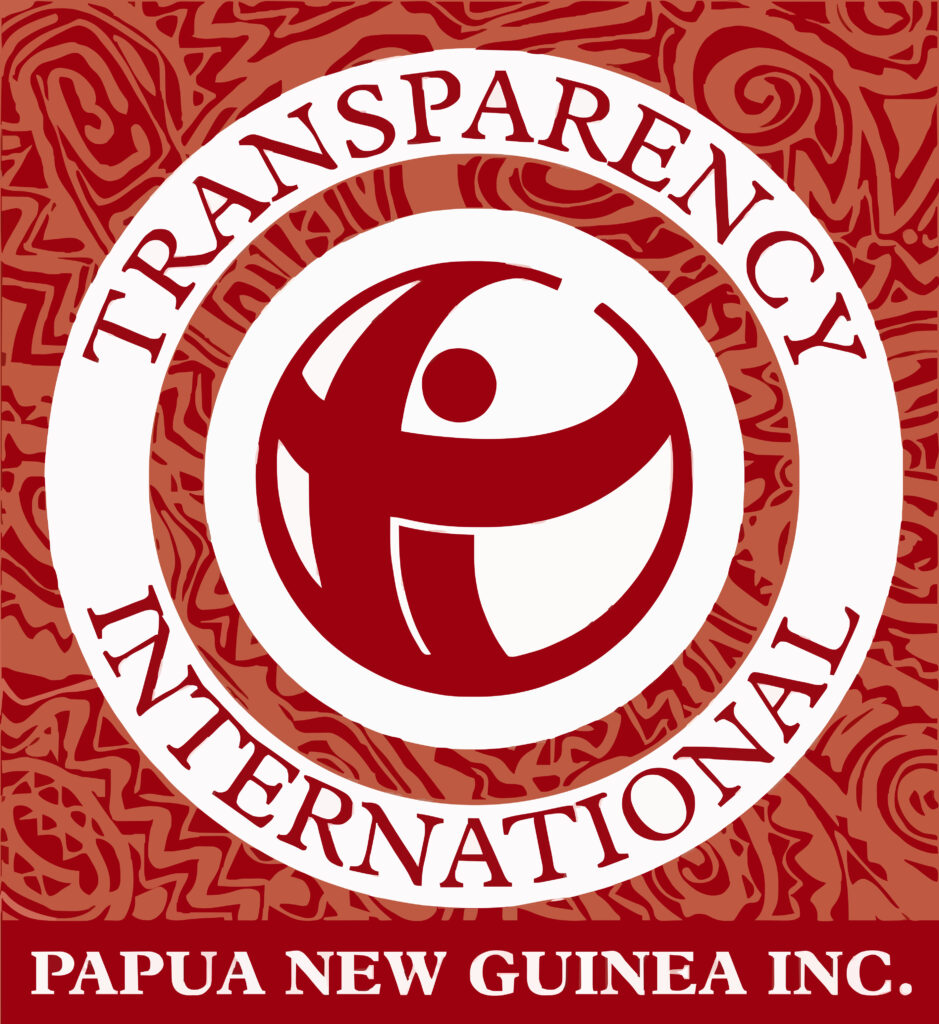Papua New Guinea (PNG) is a constitutional monarchy with a Westminster-style government and a unicameral Parliament that holds elections every five years. The current government is under the leadership of Prime Minister James Marape, who was first elected to power in 2019. The last elections were held in 2022, amidst some allegations of irregularities and manipulations during voter registration, voting, and ballot counting. This led to a public outcry over the elections, resulting in a parliamentary committee established to examine the issues, which published its findings and recommendations in 2023. One of the recommendations was to include at least two representatives from civil society in the Inter Departmental Election Committee to provide inclusiveness in election coordination. Yet, with less than two years remaining until the 2027 national general elections, no progress has been reported on putting these recommendations into effect.
While the government remains responsive to public outcries on issues of national concern, several examples outlined in this snapshot demonstrate how legal reforms implemented over the last decade are negated by weak enforcement as chronically under-resourced state enforcement agencies struggle to give effect to legal protections and safeguards afforded by the law.
The PNG governance landscape is characterised by extreme political diversity, with over 50 political parties contesting the last elections. This is only further exacerbated by the lack of publicly available data and access to government records. In the absence of objective data, persistent political narratives and agendas can sometimes be difficult to challenge or verify and are allowed to fester in the public conscience. This has led to a rise in distrust and cynicism among PNG citizens.
Snapshots
Country snapshots capture the current state of the enabling environment for civil society and provide a quick overview of significant events and trends that have occurred over the past 4 months. Click on a component in the timeline to see the corresponding Enabling Environment Snapshot.
Alerts
The Early Warning Mechanism documents changes and critical trends in the enabling environment for civil society. The mechanism works by information-gathering work focusing on events that impact the enabling environment. The EU SEE consortium assess these events to trigger alerts indicating a downward or upward trend in the enabling environment.
